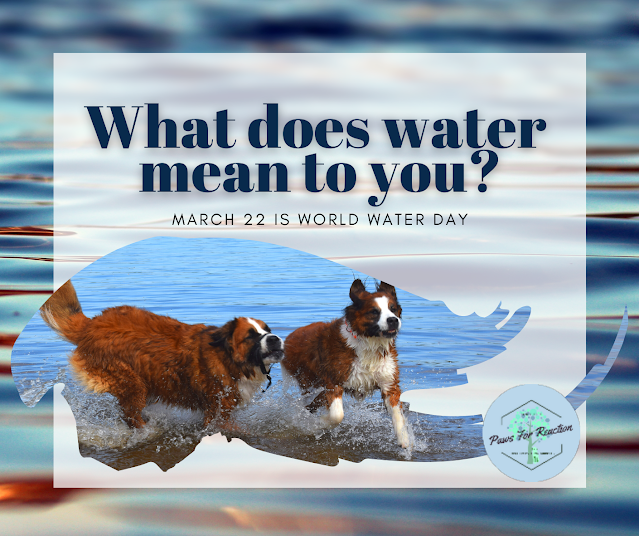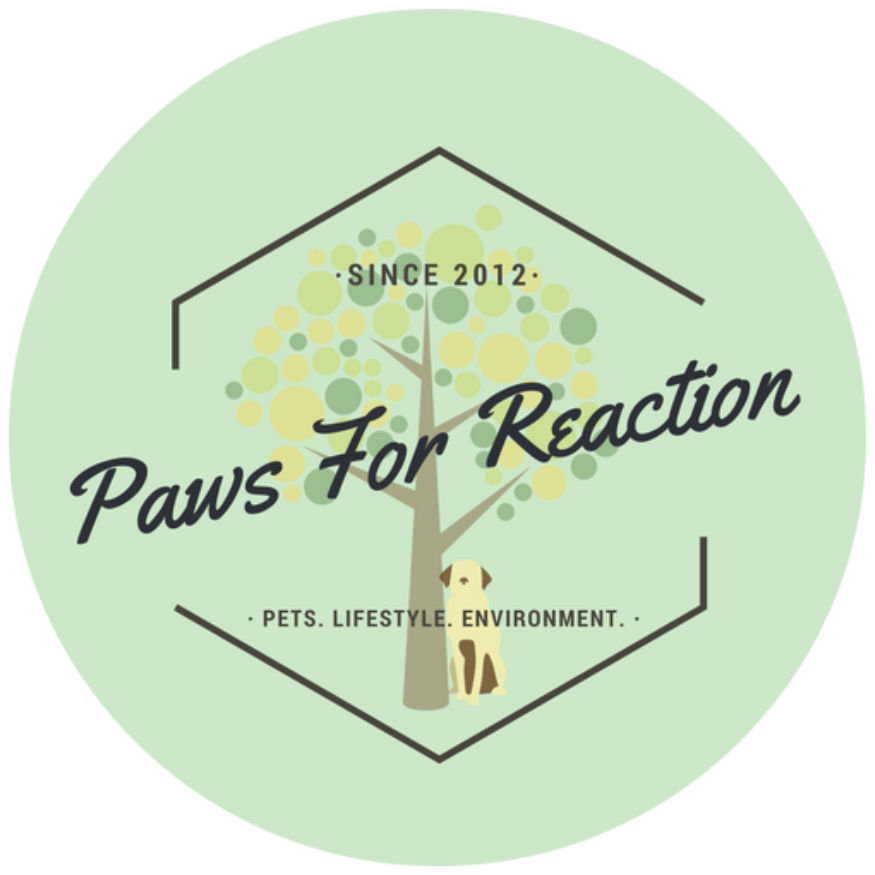Water is life: Take action to help end drinking water advisories in First Nation communities
We dip our toes in it. We listen to it rain down on our rooftops. We use it to brew our coffee, brush our teeth, wash our hands. Up to 60% of our bodies are made of it. Water is life. It's easy to take for granted because access to safe water is a basic human right. Or is it? The truth a little murkier. 61 indigenous communities in Canada are under water-boil advisories. They don't have clean water for drinking or sanitation, even though Canada is one of the most water-rich countries in the world. Some First Nation communities have lived with water advisories for more than a decade and are forced to boil water or use bottled water. Prime Minister Justin Trudeau reassured these communities that he would end the water advisories by March 2021, which would be a great way to celebrate World Water Day. Sadly, we won't be celebrating because the Canadian government says that Covid-19 may delay its target deadline. To those First Nation communities, water is a reason to make waves and take action. It's something they long for. It's a need not being fulfilled. Ask yourself this: What does water mean to you?
Water has a lot of value. To me, water also means a way to strengthen a connection. Much of my time with my family is spent in or near water. Playing with my nephew in the water is how we connect and solidify our bond. Watching my dog play in the water brings me joy. Keira had a remarkable connection to water- I think she felt very free when she was swimming. When I'm near a lake or river I have fond memories of her. My sister and I grew up catching frogs and avoiding leeches in the water. My grandparents taught me to fish with corn as bait. I feel most at peace on the water. Remember the first time you skipped a stone? Water is more than a life-giving, life-saving liquid. It spills into our hearts and souls. Protecting it is important.
We need to safeguard water from a flood of threats we face today. Because the planet is becoming so population dense, there is an increase in demand for agriculture, industry, and community development. Not to mention the worsening impacts of climate change already heating up our oceans, melting our polar ice-caps, and altering precipitation to cause catastrophic weather events. Economic development is good, but not at the expense of clean drinking water. If one Canadian doesn't have access to clean drinking water it affects us all. A single water advisory can mean as many as 5,000 people lack access to safe, clean drinking water.
73 percent of First Nations water systems are at high or medium risk of contamination. But It's not just First Nations who are living with drinking water advisories. Lower-income communities often suffer from higher levels of pollution. This includes First Nations reserves and minority communities. Landfills, manufacturing plants, and toxic waste facilities are more likely to be located near lower-income communities where a higher percentage of residents identify as racial minorities. Many of these communities see an increase in health concerns that can be linked to water quality. Imagine not being able to drink your tap water? Or bathe in it? Or not being able to show your child how to fish in the lake because it's so polluted? The next time you dip your toes in, try to think of all the people who can't.
Because of the pandemic, environmental racism in Canada is finally getting the attention it deserves. People are tuning in to the news more frequently and minority communities are putting more pressure on the government now that we have reached the March 2021 deadline. Awareness was also raised on Netflix thanks to Elliot Page's documentary There's Something In the Water. I think it should be required viewing for all Canadians. It focuses on the environmental racism that minority communities in Nova Scotia have endured, and how it has stolen from them their right to safe drinking water.
There may be calmer waters ahead in Canada. Canada’s first environmental racism act, Bill C-230, the National Strategy to Redress Environmental Racism Act, is scheduled for a vote this month. This bill was introduced as a private member's bill, which doesn't usually become law, so it needs all the help we can give it. The second reading of this bill is slated for tomorrow, and a vote should follow soon after. Add your name to the David Suzuki Foundation action to show your support for Bill C-230. You can participate in this action from the comfort of your own home. But there's something else you can do to help.
I'm also asking you to take a few moments out of your day to join me in asking Justin Trudeau to make good on his 2015 election promise to end long-term drinking water advisories in all First Nations communities. CLICK HERE to visit Canadians.org and add your name to a letter to the PM showing your support for First Nations and their right to clean, safe drinking water. Every little drip helps fill the cup we need to fill to end environmental racism. I know Canadians are better than this. I am. Are you?
Like Paws for Reaction on Facebook
Follow @PawsForReaction on Twitter
Follow my blog and subscribe in the sidebar >>






















0 Comentarios